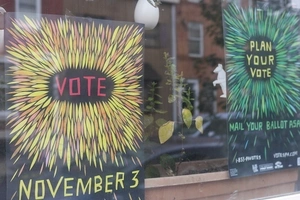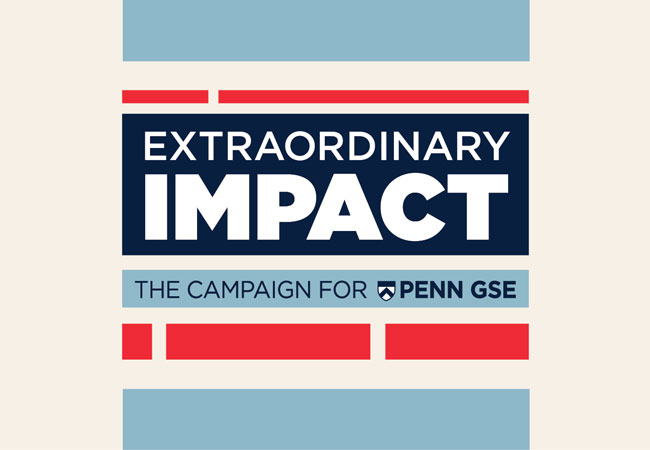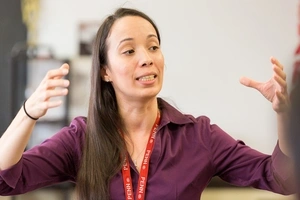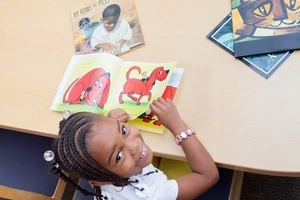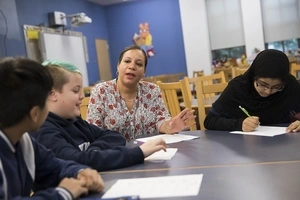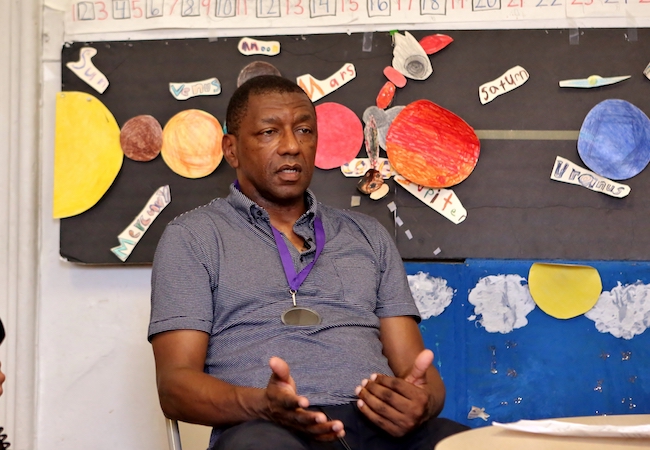-

Sigal Ben-Porath discusses how our understanding of open expression and some of the boundaries of free speech that we find ourselves negotiating in this polarized time affects our ability to find common ground as a society, and what are some of the ways that higher education institutions and society more broadly can overcome polarization and mistrust and create a more engaged democratic community.
-

Nelson Flores said shifts in language often start with a small group of marginalized people, rather than with majority rule. “I think the relevant question for me isn’t whether people should be using the term. It’s how people who use the term Latinx are trying to differentiate themselves from people who use the term Hispanic and people who use the term Latino,” he said. “Why do they feel like those terms don’t really reflect the political identities they’re trying to articulate through the term Latinx?”
-

Richard Ingersoll said it’s too early to know if the pandemic will worsen teacher shortages. “Traditionally, employees in general across industries and occupations quit at higher rates in good economic times and at lower rates in bad economic times," he said. "The reason is simple—even if someone dislikes their job, they are loath to quit if there is financial uncertainty, or if there are not other jobs available.”
-

Ed Brockenbrough said Pride organizers’ efforts to promote the Black Lives Matter movement don’t go far enough to address racism in the LGBTQ community. "Activism in Black and brown queer communities has been happening for a long time without full buy-in from white gatekeepers of queer resources," he said.

